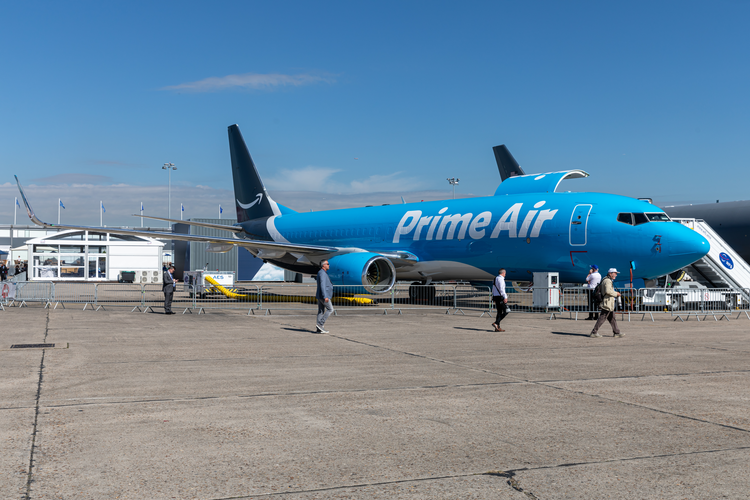Flexibility and strategic thinking are your greatest strengths when it comes to offsetting the many physiological stressors and degenerative impacts of being flight crew members. At 12,500 – 50,000 feet, your circulatory and respiratory systems are most affected, even in pressurized cabins. Supporting blood glucose, adrenal, and gut function will help maintain optimal wellbeing.
We know the brain and muscles use glucose as fuel, so covering the basics for sound glucose conversion is paramount for healthy crew members.
Meals & Snacks – eat a balanced diet – 1/3 complex carbs, 1/3 protein, 1/3 good fats:
- Eat or snack every 3-4 hours for better blood glucose balance, mental clarity, and mood
- Pack healthy snacks and simple meals for convenience, quality control, and craving avoidance
- Hydration – drink at least half your body weight in ounces of filtered water each day
- Complex carbs, high-quality protein, and fats convert to glucose more gradually than simple carbs and sustain better energy levels over time
Sleep – 7-8 quality hours each night:
- Supports healthy brain function, mental acuity, good memory, and temperament
- Regenerates all organs of elimination and supports healthy hormone balance
- Boosts levels of Growth Hormone produced for replenishing the body while at rest
- Practice breathing deeply and rhythmically – this eases tensions and supports sleep. Also sets you up to relieve stress at any time
Exercise & Movement:
- Improves your ability to rest and sleep well
- Mental and mood balance from producing healthy biochemicals
- Walk, swim, stretch, weights, Yoga – even 10-15 minutes is better than 0 minutes!
- Keeps healthy digestion and elimination in place – minimizing intestinal distress while flying
Keep your head in the game by having a good supportive circle of friends and loved ones. This allows for easy connection wherever you are based, layover or visit. Being able to unplug and regenerate will counterbalance work demands and hectic schedules. Creating and maintaining a healthy Work-Life balance will minimize the degenerative effects of flight stressors.








